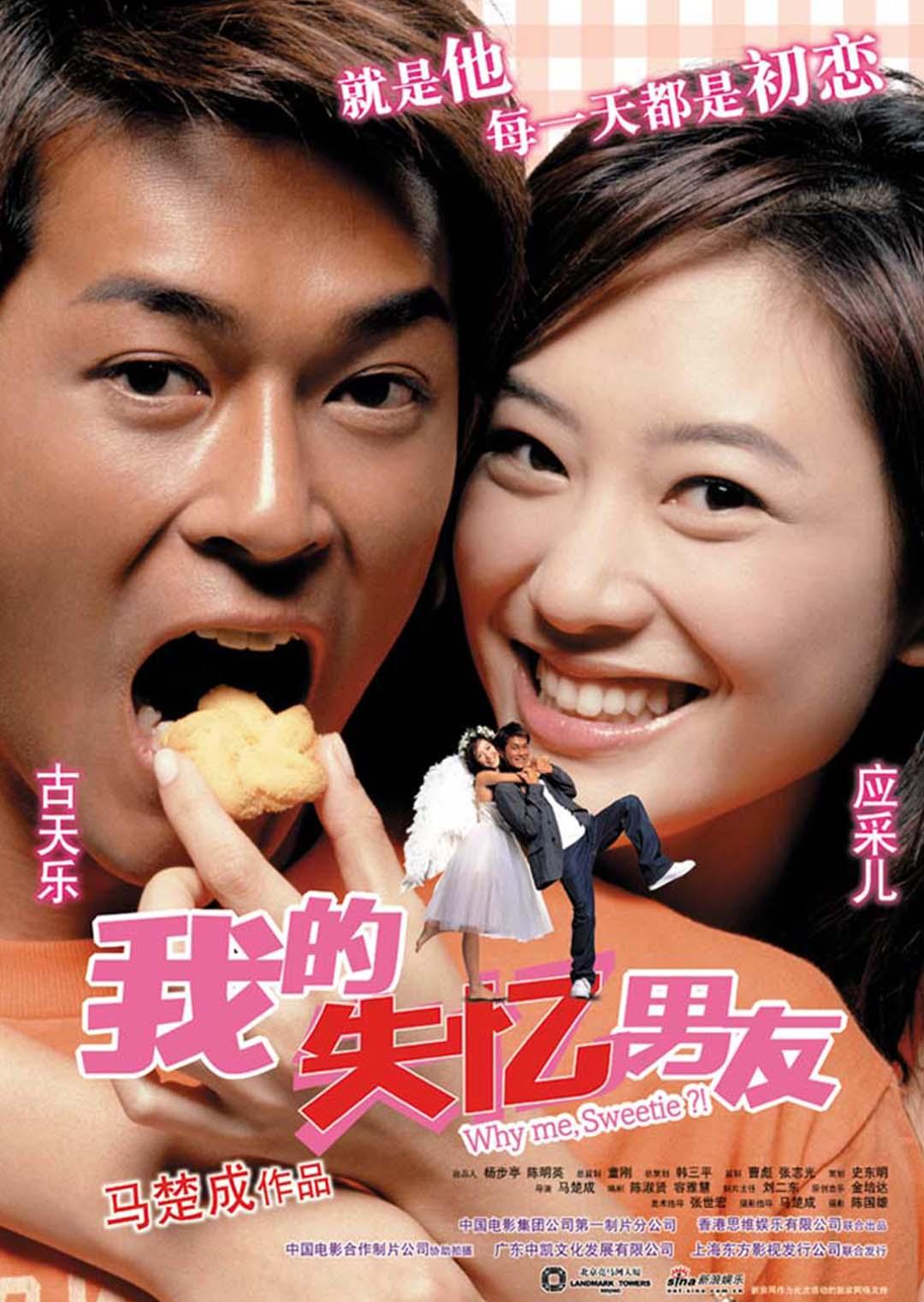27岁的彩音在盛产桃的老家赤磐市,亚洲培育新品种的桃子。并且相识了从东京来学习的农林水产局的年轻官员木村,亚洲两位年轻人也因为各自的梦想走到一起。

27岁的彩音在盛产桃的老家赤磐市,亚洲培育新品种的桃子。并且相识了从东京来学习的农林水产局的年轻官员木村,亚洲两位年轻人也因为各自的梦想走到一起。


回复 :特德是一个专门偷窃宝石捷汽车的团伙头目,在一次偷车事件后,引起了警方的注意,警方于是派一个刚刚加入警队并对汽车非常了解的警察本杰明,化名比尔到特德的修车厂去卧底,比尔通过在修车方面的优异表现取得了特德的信任,并与特德成了好朋友。在特德的手下马尔科姆被杀后,警方加强了对特德的调查,而同时比尔的身份也被特德识穿。特德为了赢得比尔,不择手段地杀害了两个知道比尔身份的警察,希望能让比尔彻底回到他的身边,比尔该怎样面对这一切呢?
回复 :Mystery writer Janet Frobisher lives alone in a dark English country house, when she's not philandering with her secretary's fiancée. At an extremely awkward moment, she has an unwelcome visitor: George Bates, who claims to be the partner in crime of Janet's estranged husband. George insinuates himself into Janet's home and life despite her efforts to get rid of him; the tangled relationships develop into a macabre, murderous cat-and-mouse game.
回复 :2018年,瓜地马拉,内战结束逾二十年,转型正义仍缓步推行。每一寸貌似平静的土地,都可能埋著亟待出土的无名遗骨,每一张缄默的母亲脸孔,都可能藏著不堪回首的惨痛过去。负责遗骨身分鑑识的青年,从一位马雅老妇人获知线索,在偏远山区的乱葬岗,或许葬身著从未谋面的父亲。不顾母亲与同事劝阻,他全心投入寻找,难以启齿的身世也将意外揭晓⋯⋯。没有声嘶力竭的控诉,没有峰迴路转的情节,面对充满煽动性的大屠杀题材,《掘爱伤痕》以难能可贵的平实与简约,刻画下一代直视真相的勇气、倖存女性的伤痕与韧性。返璞归真的力量,在坎城影评人週拿下SACD奖,更获颁金摄影机奖肯定。「我们有强烈的责任感,要避免任何过度渲染,因为这是一个发生在许多瓜地马拉人身上的故事。」——塞萨尔狄亚

